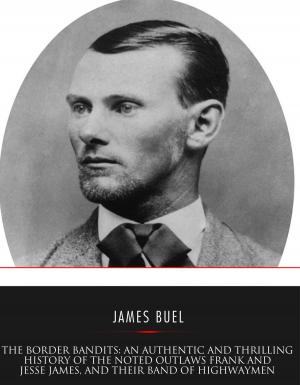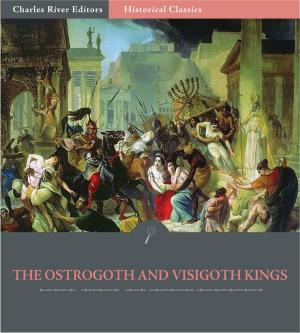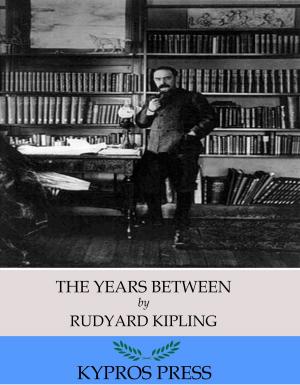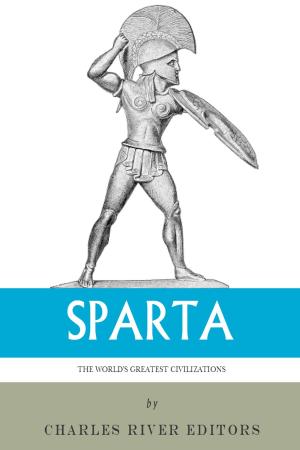On the Essence of Money
Business & Finance, Economics, Money & Monetary Policy, Nonfiction, History, European General| Author: | Moses Hess | ISBN: | 9781475305326 |
| Publisher: | Charles River Editors | Publication: | April 12, 2012 |
| Imprint: | Language: | English |
| Author: | Moses Hess |
| ISBN: | 9781475305326 |
| Publisher: | Charles River Editors |
| Publication: | April 12, 2012 |
| Imprint: | |
| Language: | English |
Moses (Moshe) Hess (June 21, 1812 April 6, 1875) was a Jewish philosopher and socialist, and one of the founders of Zionism. Hess originally advocated Jewish integration into the universalist socialist movement, and was a friend and collaborator of Karl Marx and Friedrich Engels. Hess converted Engels to Communism, and introduced Marx to social and economic problems. He played an important role in transforming Hegelian dialectical idealism theory of history to the dialectical materialism of Marxism, by conceiving of man as the initiator of history through his active consciousness. Hess was probably responsible for several "Marxian" slogans and ideas, including religion as the "opiate of the people." Hess became reluctant to base all history on economic causes and class struggle, and he came to see the struggle of races, or nationalities, as the prime factor of past history. Hess's Rome and Jerusalem. The Last National Question went unnoticed in his time, along with the rest of his writings. Most German Jews were bent on assimilation and did not heed Hess' unfashionable warnings. His work did not stimulate any political activity or discussion. Hess's contribution, like Leon Pinsker's Autoemancipation, became important only in retrospect, as the Zionist movement began to crystallize and to generate an audience in the late 19th century. Hess On the Monetary System, or On the Essence of Money discusses the importance of money in the world, noting, What God is to the theoretical life, money is to the practical life in this inverted world. This edition of Hess essay is specially formatted.
Moses (Moshe) Hess (June 21, 1812 April 6, 1875) was a Jewish philosopher and socialist, and one of the founders of Zionism. Hess originally advocated Jewish integration into the universalist socialist movement, and was a friend and collaborator of Karl Marx and Friedrich Engels. Hess converted Engels to Communism, and introduced Marx to social and economic problems. He played an important role in transforming Hegelian dialectical idealism theory of history to the dialectical materialism of Marxism, by conceiving of man as the initiator of history through his active consciousness. Hess was probably responsible for several "Marxian" slogans and ideas, including religion as the "opiate of the people." Hess became reluctant to base all history on economic causes and class struggle, and he came to see the struggle of races, or nationalities, as the prime factor of past history. Hess's Rome and Jerusalem. The Last National Question went unnoticed in his time, along with the rest of his writings. Most German Jews were bent on assimilation and did not heed Hess' unfashionable warnings. His work did not stimulate any political activity or discussion. Hess's contribution, like Leon Pinsker's Autoemancipation, became important only in retrospect, as the Zionist movement began to crystallize and to generate an audience in the late 19th century. Hess On the Monetary System, or On the Essence of Money discusses the importance of money in the world, noting, What God is to the theoretical life, money is to the practical life in this inverted world. This edition of Hess essay is specially formatted.















